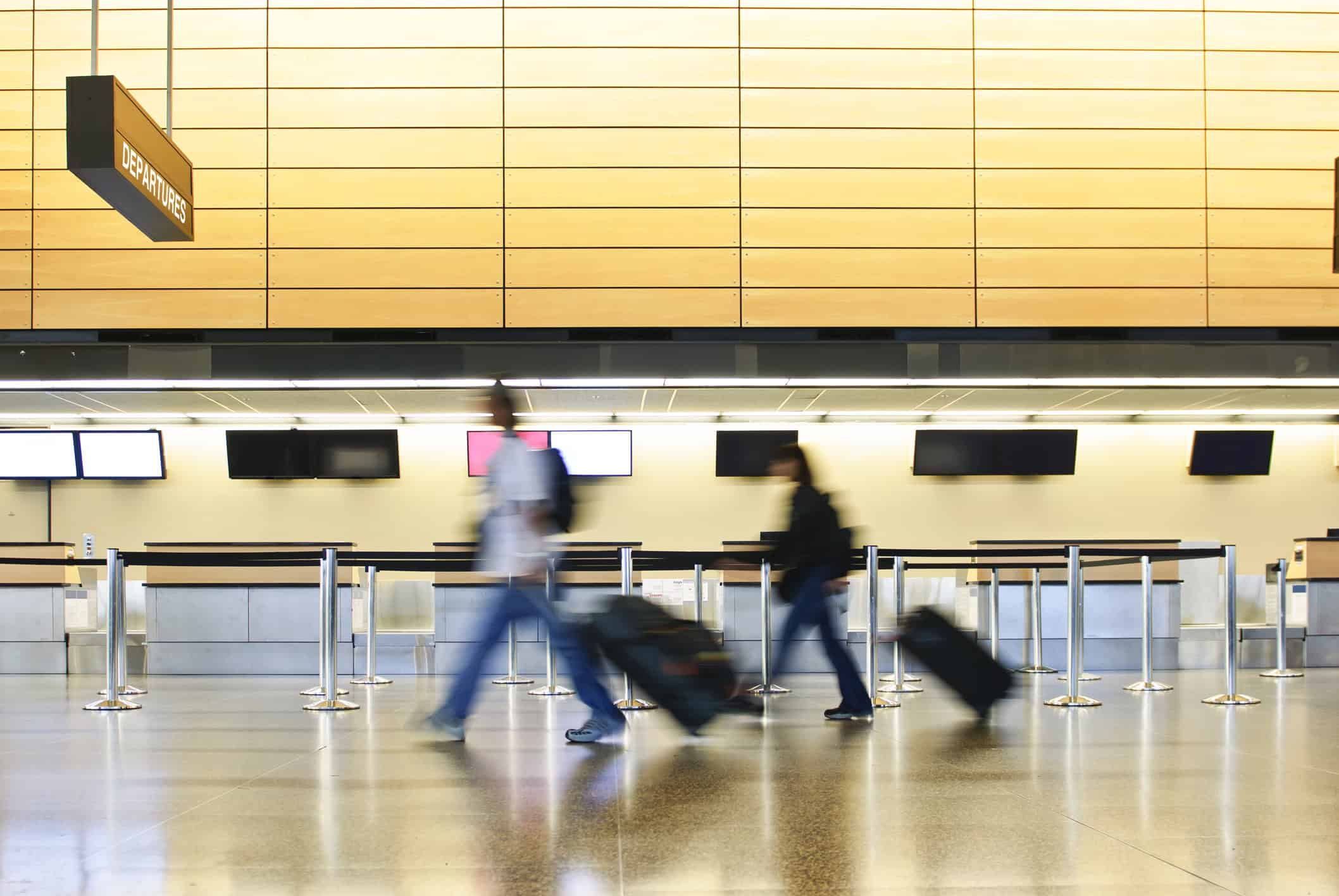
Allowing passengers to travel without proper document checks poses a significant security risk. Failure to verify identification and travel documents may lead to unauthorised individuals gaining access to secure areas, compromising overall safety.

Non-compliance with international and national regulations regarding passenger document checks can result in legal consequences. Airlines, airports, maritime companies, and other stakeholders may face fines, penalties, or legal actions for failing to adhere to established security and documentation requirements.

Inconsistencies in document verification can lead to operational disruptions, such as delays in boarding, security breaches, or challenges in the maritime boarding process. These disruptions impact the affected flights and voyages, cascading into overall efficiency challenges.

Regulatory bodies may impose financial penalties on companies that fail to comply with document verification requirements. These penalties can be substantial, negatively impacting the financial health of airlines, airports, maritime companies, or other entities.

Instances of non-compliance can result in reputational damage for airlines, airports, maritime companies, and other service providers. Negative publicity regarding security lapses or incidents related to inadequate document checks can erode public trust and confidence in the affected companies.

Non-compliance may lead to increased security costs as companies may need to invest in additional measures and technologies to address identified vulnerabilities. This includes the implementation of more robust document verification systems and security protocols.

Passengers trust airlines, airports, and maritime operators to ensure their safety and security. Non-compliance with document checks can erode this trust, leading to a loss of customer confidence. This loss of trust can have long-term effects on customer loyalty and satisfaction.

If non-compliance results in a security incident or harm to passengers and maritime crew, companies may face legal liability. This includes lawsuits from affected individuals seeking compensation for damages or injuries resulting from inadequate document verification processes.

Failure to comply with international travel regulations can strain relationships with other countries. Non-compliance may lead to travel restrictions or limitations imposed on airlines, maritime companies, or entities, impacting global operations.

Inconsistent document checks may lead to operational inefficiencies, with increased manual interventions and challenges in coordinating with relevant authorities. This can hinder the overall efficiency of travel processes and lead to unnecessary operational complexities.







"*" indicates required fields